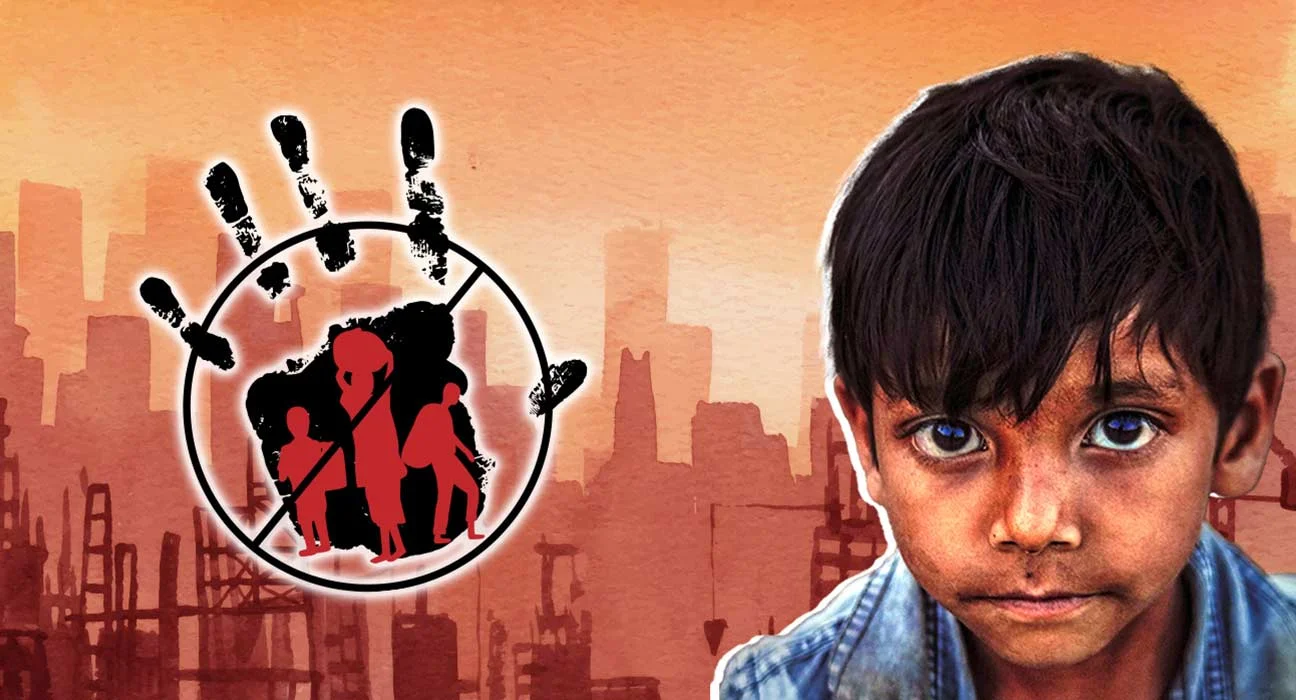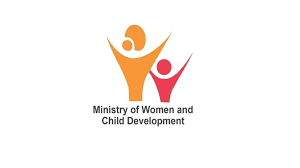Mission Vatsalya
Mission Vatsalya is a pioneering initiative by the Ministry of Women and Child Development (MWCD, GoI) started in the year 2021 – 2022. Mission Vatsalya embodies a holistic approach to addressing the multifaceted challenges faced by children in India. With a focus on ensuring the well-being, protection, and development of every child, Mission Vatsalya aims to eradicate issues such as child marriage, child labor, trafficking, and exploitation. Through collaborative efforts with the government, civil society organizations, and grassroots communities, Mission Vatsalya endeavors to build a future where every child is cherished, nurtured, and empowered to lead a dignified life.
Mission Vatsalya is a roadmap to achieve development and child protection priorities aligned with the Sustainable Development Goals (SDGs). It emphasizes child rights, advocacy, and awareness along with strengthening the juvenile justice care and protection system with the motto to 'leave no child behind'.








